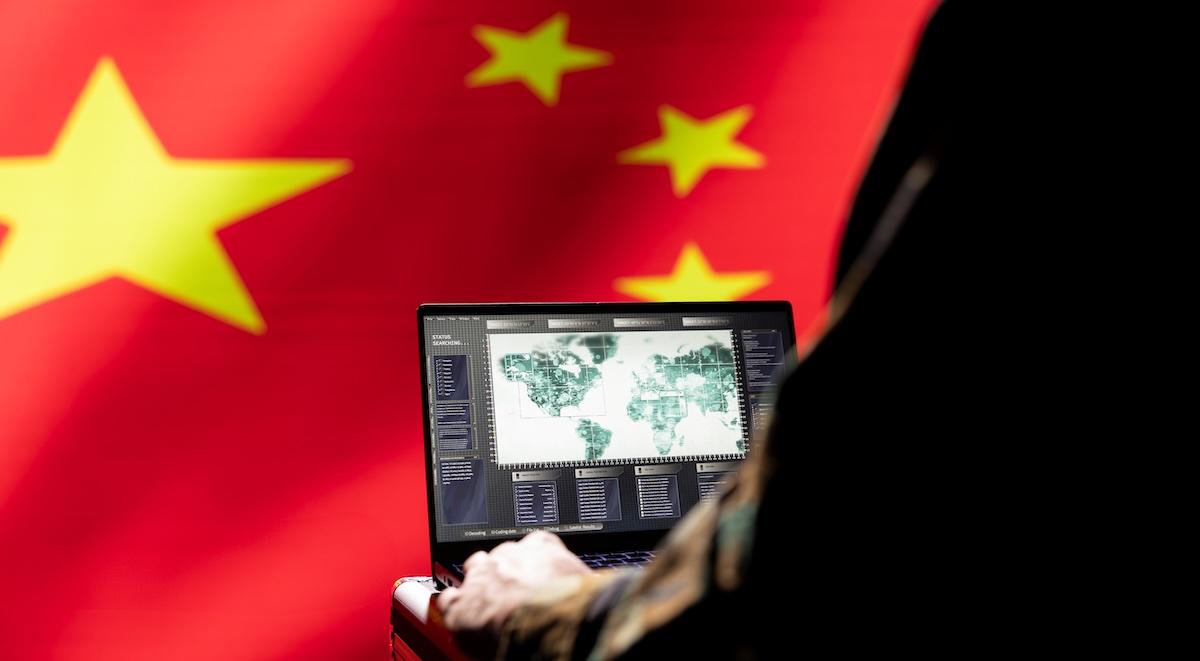In the shadowy realm of digital warfare, where keystrokes can be as potent as missiles, the United States has once again found itself locked in a high-stakes confrontation with China’s cyber operatives. National Security Advisor Jake Sullivan’s recent statements reveal a calculated response to a series of sophisticated cyber attacks targeting American telecommunications infrastructure, marking another chapter in the ongoing geopolitical chess match between the world’s two most powerful nations. As digital boundaries blur and virtual frontiers become battlegrounds, the latest cybersecurity incident highlights the increasingly complex and precarious nature of international relations in the 21st century. In a significant diplomatic development, National Security Advisor Jake Sullivan revealed that the United States has taken decisive action against cyber intrusions targeting telecommunications infrastructure. These sophisticated digital attacks, attributed to Chinese state-sponsored actors, have raised substantial concerns about critical infrastructure security and international cyber warfare.
The disclosed response underscores the escalating tensions between Washington and Beijing in the digital domain. Intelligence agencies have uncovered systematic attempts by Chinese hackers to infiltrate and potentially compromise sensitive telecommunications networks across multiple regions. These intrusions represent a calculated strategy to probe and potentially disrupt essential communication channels.
Cybersecurity experts suggest these attacks are part of a broader geopolitical chess game, where digital reconnaissance and potential infrastructure vulnerabilities are meticulously explored. The targeted telecommunications firms serve as critical nodes in national communication systems, making them strategic targets for adversarial intelligence gathering.
Sullivan’s announcement signals a marked shift in the United States’ approach to cybersecurity threats. Rather than maintaining a purely defensive posture, the government is demonstrating a willingness to respond proactively and decisively to digital provocations. This approach sends a clear message about protecting national technological infrastructure and defending against unauthorized digital intrusions.
The specific details of the American response remain classified, reflecting the sensitive nature of cyber counteroperations. However, the acknowledgment itself represents a significant diplomatic communication, implying that potential retaliatory or preventative measures have been implemented.
Diplomatic channels between the United States and China are likely to experience further strain as a result of these revelations. The cyber landscape continues to evolve as a critical battleground for international strategic competition, with telecommunications infrastructure becoming increasingly central to national security considerations.
Technological experts warn that such state-sponsored cyber activities represent a growing trend in modern geopolitical conflict. The ability to disrupt communication networks potentially offers strategic advantages without traditional military engagement, making these digital intrusions particularly complex and dangerous.
The incident highlights the ongoing challenges of maintaining robust cybersecurity in an interconnected global environment. As technological systems become more sophisticated, the potential for digital vulnerabilities increases, necessitating constant vigilance and adaptive defensive strategies.
International observers will be closely monitoring subsequent developments, anticipating potential escalations or diplomatic negotiations resulting from this latest cybersecurity confrontation. The delicate balance between technological innovation, national security, and international relations continues to be tested in an increasingly complex digital landscape.

